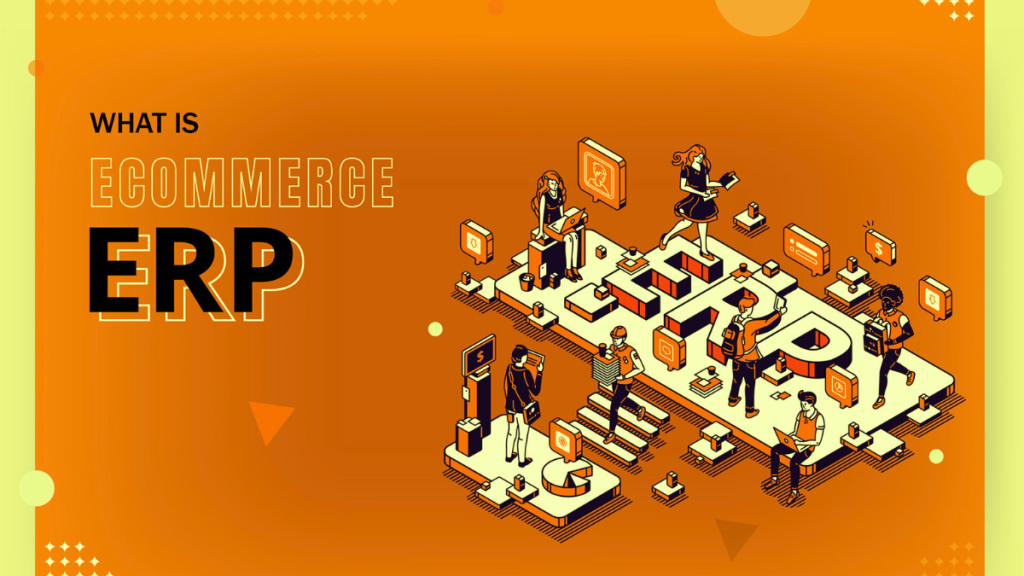In the intricate landscape of healthcare, a large healthcare facility grappled with challenges that demanded a holistic solution. Focused on elevating patient care, improving resource allocation, and ensuring compliance with healthcare regulations, the organization embarked on a transformative journey by implementing an ERP solution.
Objectives:
The objectives were crystal clear, aligning with the core values of healthcare excellence:
1. Enhance Patient Data Security: Elevate the security and privacy of patient data to safeguard sensitive healthcare information.
2. Improve Resource Allocation: Optimize resource allocation for increased efficiency and improved patient care.
3. Ensure Compliance: Keep pace with the dynamic nature of healthcare regulations, ensuring the organization remains compliant.
Challenges:
The challenges faced by the healthcare facility were significant:
– Inefficient Patient Data Management: Existing systems struggled to manage patient data efficiently, impacting the speed and accuracy of healthcare delivery.
– Lack of Real-time Visibility: The organization lacked real-time visibility into resource utilization, hindering the ability to allocate resources optimally.
– Keeping Up with Changing Regulations: The dynamic nature of healthcare regulations posed a continuous challenge, requiring the organization to adapt swiftly to remain compliant.
Solution:
To overcome these challenges, the healthcare facility embraced a tailored ERP solution equipped with specialized modules for electronic health records (EHR), resource management, and compliance tracking.
Implementation:
The implementation strategy was designed for maximum impact:
– Integrated EHR Systems: Streamlined patient data management was achieved through the integration of EHR systems, ensuring accuracy and accessibility of patient information.
– AI Algorithms for Resource Allocation: Advanced AI algorithms were implemented for predictive resource allocation, enabling the organization to optimize resource utilization based on real-time data.
– Regular System Updates for Compliance: Regular system updates were conducted to ensure ongoing compliance with changing healthcare regulations, providing a secure and regulated environment.
Results:
The outcomes of this strategic initiative were transformative:
– Improved Patient Data Security and Privacy: The integration of EHR systems significantly improved patient data security, ensuring privacy and confidentiality.
– 15% Increase in Resource Efficiency: Predictive resource allocation led to a 15% increase in resource efficiency, optimizing staffing and equipment utilization.
– Enhanced Compliance with Healthcare Regulations: The regular system updates and compliance tracking modules ensured that the healthcare facility remained aligned with evolving healthcare regulations.
Conclusion:
The healthcare facility’s journey towards transforming operations through ERP stands as a beacon of innovation in the healthcare sector. By prioritizing patient data security, optimizing resource allocation, and ensuring compliance, the organization not only overcame existing challenges but also positioned itself as a leader in delivering patient-centric and regulatory-compliant healthcare services. This case study serves as an inspiration for healthcare institutions seeking to leverage ERP solutions for operational excellence and patient care innovation in an ever-evolving healthcare landscape.
